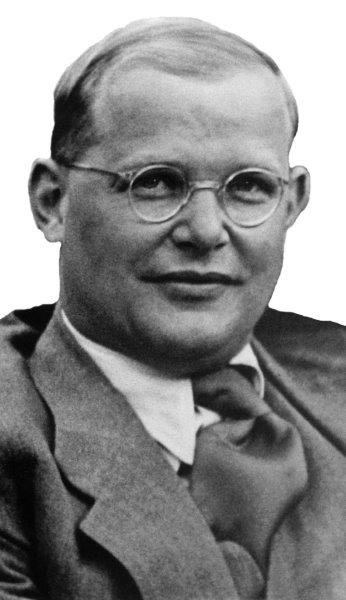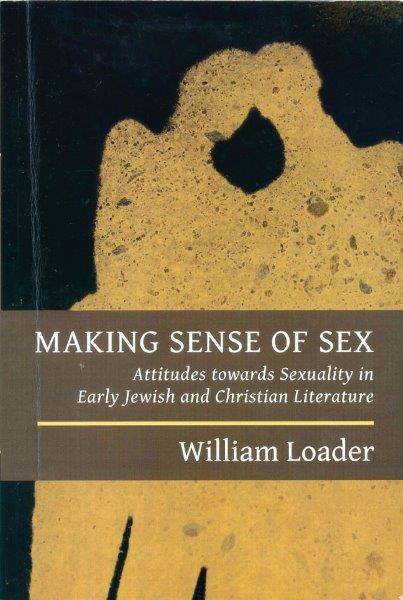
‘Who am I?’ The issue of identity is a vexing one, complex and simple at the same time. Over the last century and a half, psychologists have grappled with the notion of identity and human behaviour, previously the domain of philosophers and theologians. The Psychoanalytic approach suggested that who we are is determined by unconscious conflicts that exist within us, most of which we are not even aware. Behaviourists reject this approach, focussing only on human behaviour that can be observed. ‘Who we are’ is explained by what we have learnt.
Behaviours continue if rewarded but decrease if punished. The Cognitive approach says that how we think about the world and ourselves determines who we are. Errors in cognition (thinking) are to blame for many of the troubles we face. The Humanistic approach has an overwhelmingly positive view of human beings, suggesting that by and large, all things being equal, we will strive for self-actualisation, to better ourselves and will search for meaning in our lives. I have struggled to find among these psychological theories a satisfactory answer to the question


